Our answer? Of course. If you have a passion for fly fishing, there are few things more impactful than sharing your love for the sport with your kids. Whether or not they ultimately take up fishing themselves, spending time with you in the outdoors is an experience that will continue to shape them for the rest of their lives.
We won’t sit here and site scientific papers to prove it—you’ll have to look for the hard data yourself. What we will speak to is the impact we’ve seen the outdoors and fly fishing have on our own lives. The lives of family members and friends. And of course, on our children. Whether fishing or not, the outdoors has continually been a place of solace, peace, laughter, and release.
The real question isn’t whether you should take your kids fishing, but rather when and how. So, let’s get to it.
When should I start taking my kid fly fishing?
It’s never too early to go fishing with your kids. We’ve seen (and taken our own) young children, sometimes no more than six months old, with their parents on the river. Wondering where to begin? Get a good baby carrier or kids' backpack, strap them in, and head to your favorite fishing spot.
We doubt we have to tell you that kids are naturally curious, so let them exercise that curiosity. Help them explore on the banks, pick up river rocks, and feel some of the different plants growing nearby. Let them watch the world go by from your backpack as you fish. Even when they get tired, staying in the backpack or curling up in a blanket next to a babbling brook will make for a soothing naptime.
Simply imprinting the child’s mind with these outdoor experiences prior to them being old enough to fish themselves will help them start forming positive associations with being outside.
When should I start teaching my kids to fish?
Even as a toddler, your kid can start learning the basics of fishing. At this point, you’ll be doing every step of the process with (and for) them, from casting to reeling to baiting the hook.
In our experience, one of the best ways to start teaching a toddler is through ice fishing. You can set up a rod and wait for a bite before putting the rod in your toddler’s hands. As you help them reel in their very first fish, the excitement will be palpable.
We’ve also found that they love to help by dipping the ice out of the holes and, of course, losing the ice dipper down the hole, among other things. If they lose interest in the fishing, they’ll have plenty of fun sliding around on the ice and making snow angels. It will be days like these, spent with family on an icy lake, where some of your first and finest stories will come from when you raise your children to embrace, respect, and protect the outdoors.
As children get older and their motor skills develop, you can give them more ownership in the sport by supplying them with a kids' fishing rod. We remember our kids running down to the lake with their Scooby-Doo or Snoopy-themed rods and a tub of worms. While they may not have fished for long periods of time, those moments were vital to cementing a love for the outdoors while also preparing them for more exciting styles of fishing.
Full disclaimer: this is also the time when your toddler may proclaim to mom that he or she loves going fishing because dad had, “Hookers and beer!” Never underestimate the power of those memories.
How do I make fly fishing fun for kids?
When your child graduates to wanting to learn how to use a fly rod, the world of fishing will open up for them. At this point, kids are usually 9 to 12 years old. Their motor skills are refined, their eyesight is keen, and their reflexes are like lightning. They’re ready to learn how to fly fish!
Patience is key here; be prepared to lose a lot of flies, untangle leaders, get snagged on the back cast, and more. When they’re just starting out, you’ll likely have to be there beside them every step of the way, which means you’ll be doing comparatively little fishing yourself.
Kids at this point are like sponges; they will quickly absorb information about what flies to use and how to cast them and develop the coordination to cast a fly rod. That said, it’s a difficult sport to master and—as you might recall for yourself—the learning curve can be frustrating. Our advice? Make fishing fun.

Scott Joyner out for a day of fly fishing with son Staiger.
This can start well before you get to the river. As we touched on above, giving your kids some ownership over their participation in the sport can help generate excitement. If you tie your own flies, show them how and let them invent some patterns of their own. If you’re stopping at a fly shop, point out some of the flies you think will catch fish, then let them decide on a few they’d like to try for themselves. You can also turn casting into a game at home. Set up targets—hula hoops, stumps, chalk drawings, etc.—in the yard or driveway. Walk your child through the motions of a basic cast and see how close they can get to the targets.
When you do hit the water, try keeping your initial trips to short outings at proven fishing holes. Give them positive affirmation as they improve their cast. They’ll likely get frustrated at times, but the challenge of learning to fly fish will make them feel all the more accomplished when they do catch a fish. These moments won’t only turn them into better fly fishermen; the self-confidence and memories your child takes with them from the river will last a lifetime!
It also doesn’t hurt to offer a little incentive here and there to sweeten the deal. Follow an afternoon of fly fishing trip up with a stop at the ice cream shop or their favorite park. Even if fly fishing isn’t their favorite activity just yet, they’ll learn that they can have fun on your outings together, regardless.
Fly fishing with a teenager:
If you’ve already started teaching them the basics of fly fishing, teenagers will turn into fishing machines. They will have the keen eye to read the water, the skills to make the cast, and the knowledge to know what flies to use and how to present them. You’ll be amazed at how good 14 to 18-year-olds can fish when they’ve been raised with a fly rod in their hand. (It’s truly a magnificent to think back on the chain of events that got them to this point.) Oftentimes, these kids will initiate outdoor adventures of their own and connect with other kids who have the same interests… And that’s where lifelong friendships begin.
If you’re introducing a teenager to the sport for the first time, remember that giving your teen ownership and independence will go a long way toward allowing them to form a positive connection to the sport. Show them the basics, then let them ask for help as they feel the need for it. Overtime, you can offer to show them more and more complex skills.

How do I teach my kids to be responsible stewards?
The answer to this question is simple: lead by example. When your kids see you picking up trash and treating the fish and your fellow fishermen with respect, they’ll follow suite. As they grow older, fond memories of the outdoors and fly fishing will develop into a deep love and respect for the environment and time spent on the river.
What are the downstream impacts of growing up a fisherman?
By the time your child grows into a young adult in their 20s, you’ll likely find that they’re better at fly fishing than you ever were. More than once, we’ve found ourselves looking to our kids to figure out what they’re doing to catch all the fish.
As payment for all the untangling and lost flies over the years, we won’t judge you for clipping their leader off when they’re not paying attention and tying their rig onto your own rod. Take our word for it: there’s nothing like the look on your son’s face when he goes to pick up his rod and the only thing hanging there is a strike indicator dangling in the wind while you’re fighting a fish using his setup.

Moments like these will stay with your child for a lifetime, allowing them to grow into a stronger, happier, more confident adult. Moments like these will ensure your kid builds lasting relationships with their environment, their fellow fly fishermen, and you.
The moral of the story? Whenever you have the opportunity to take a kid fishing, from infant to young adult, do so. It will be the best investment of time, patience, and love you’ll ever make.
Have any stories of taking your own kids fly fishing? Share them in the comments below or contact us for a chance to be featured on our blog!

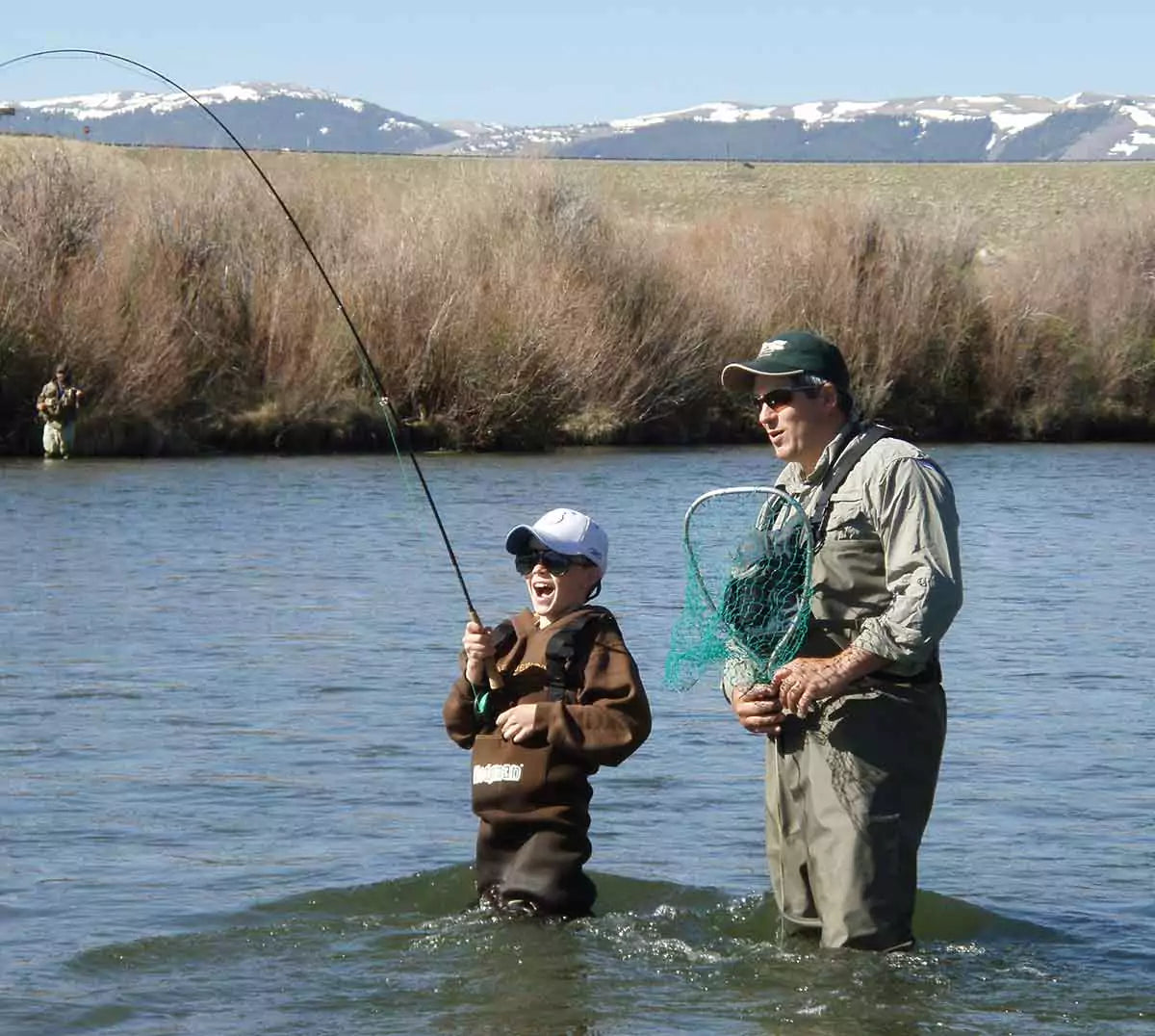
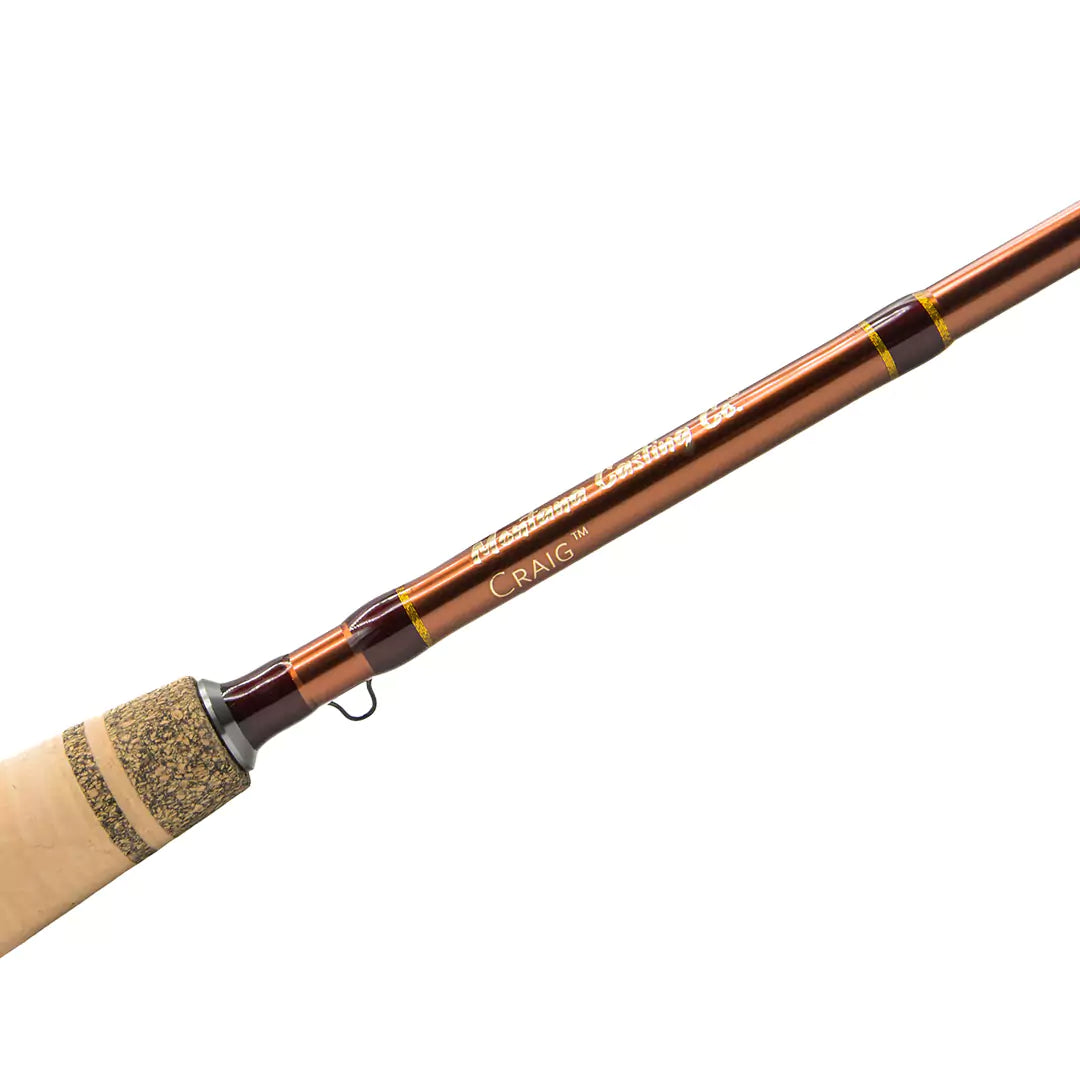
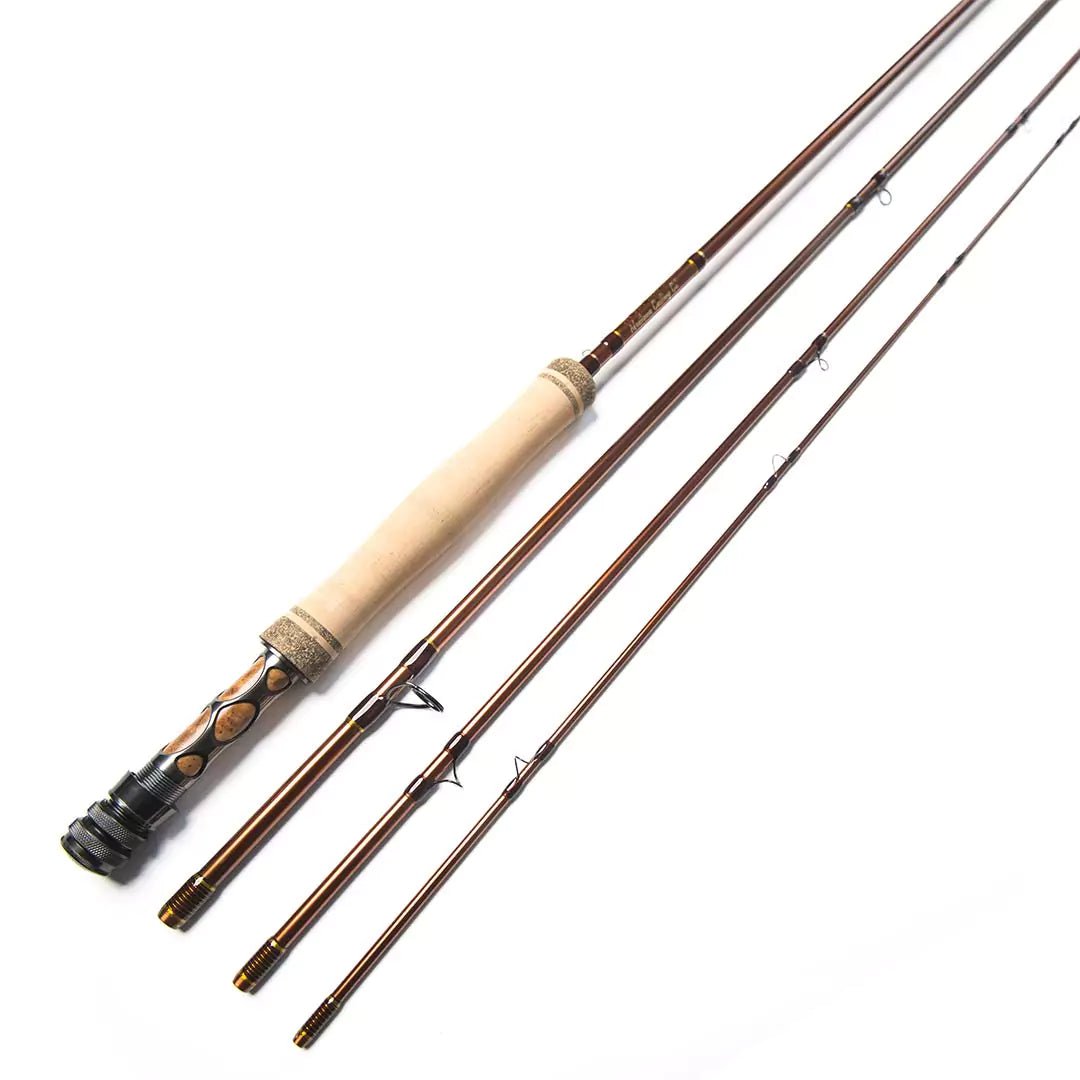
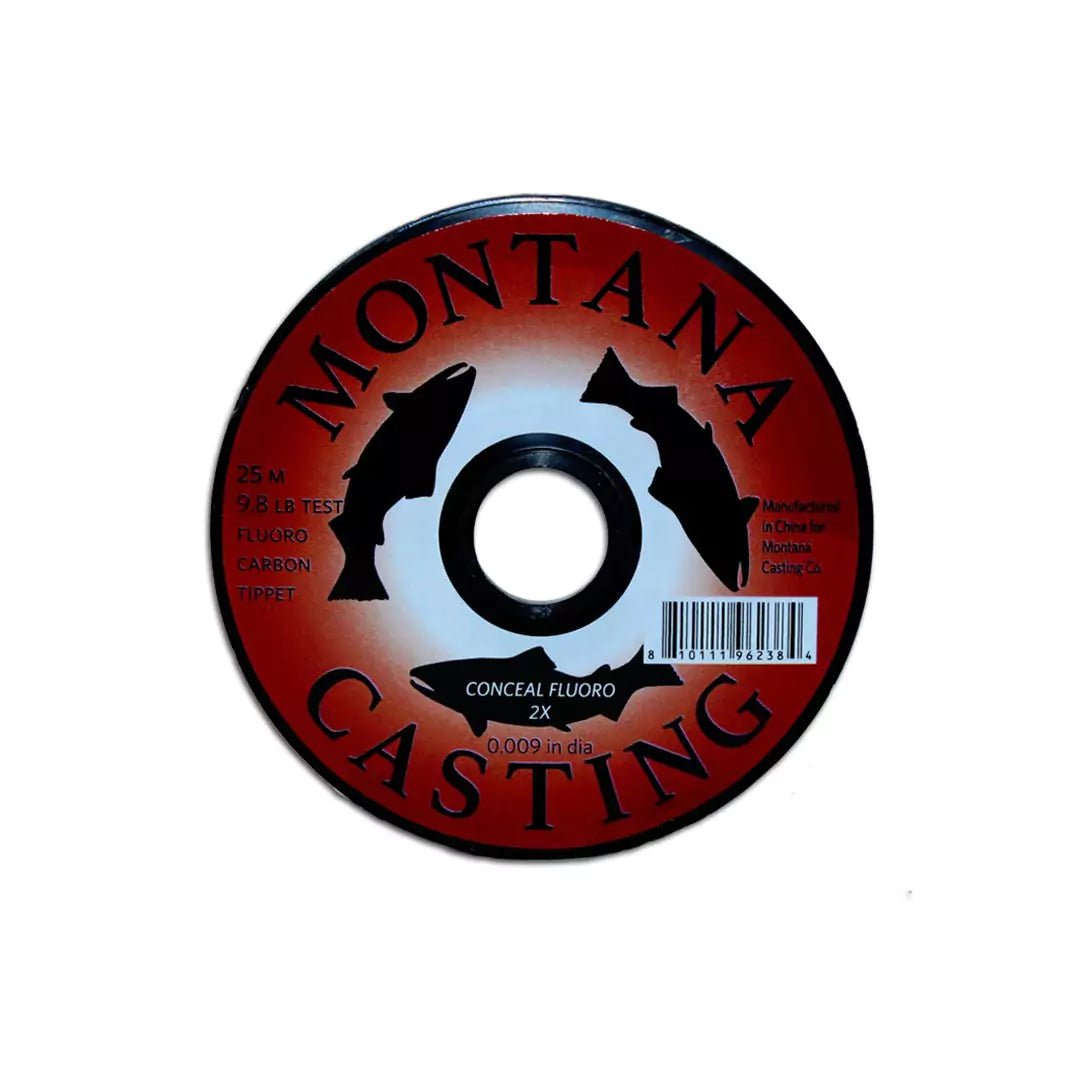
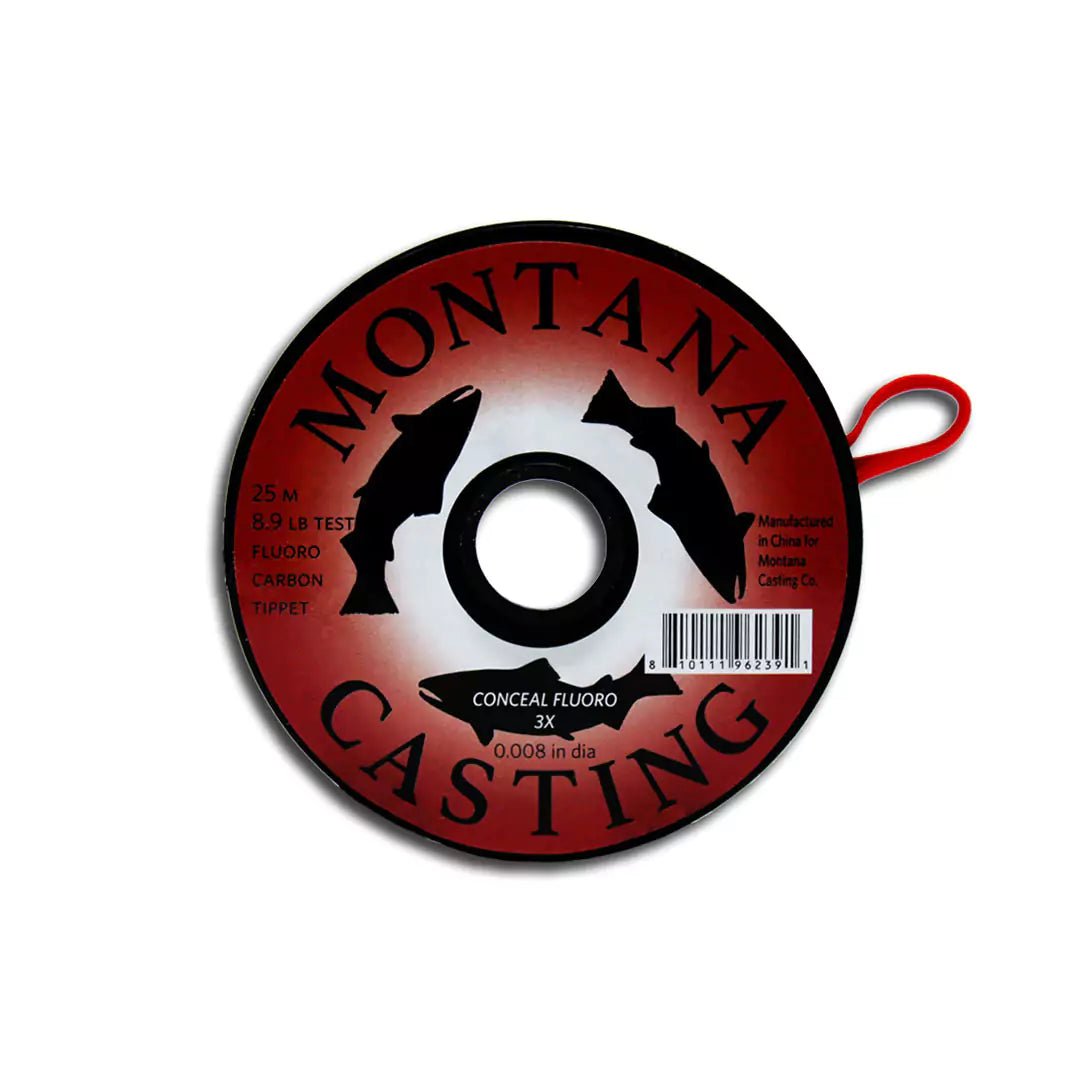
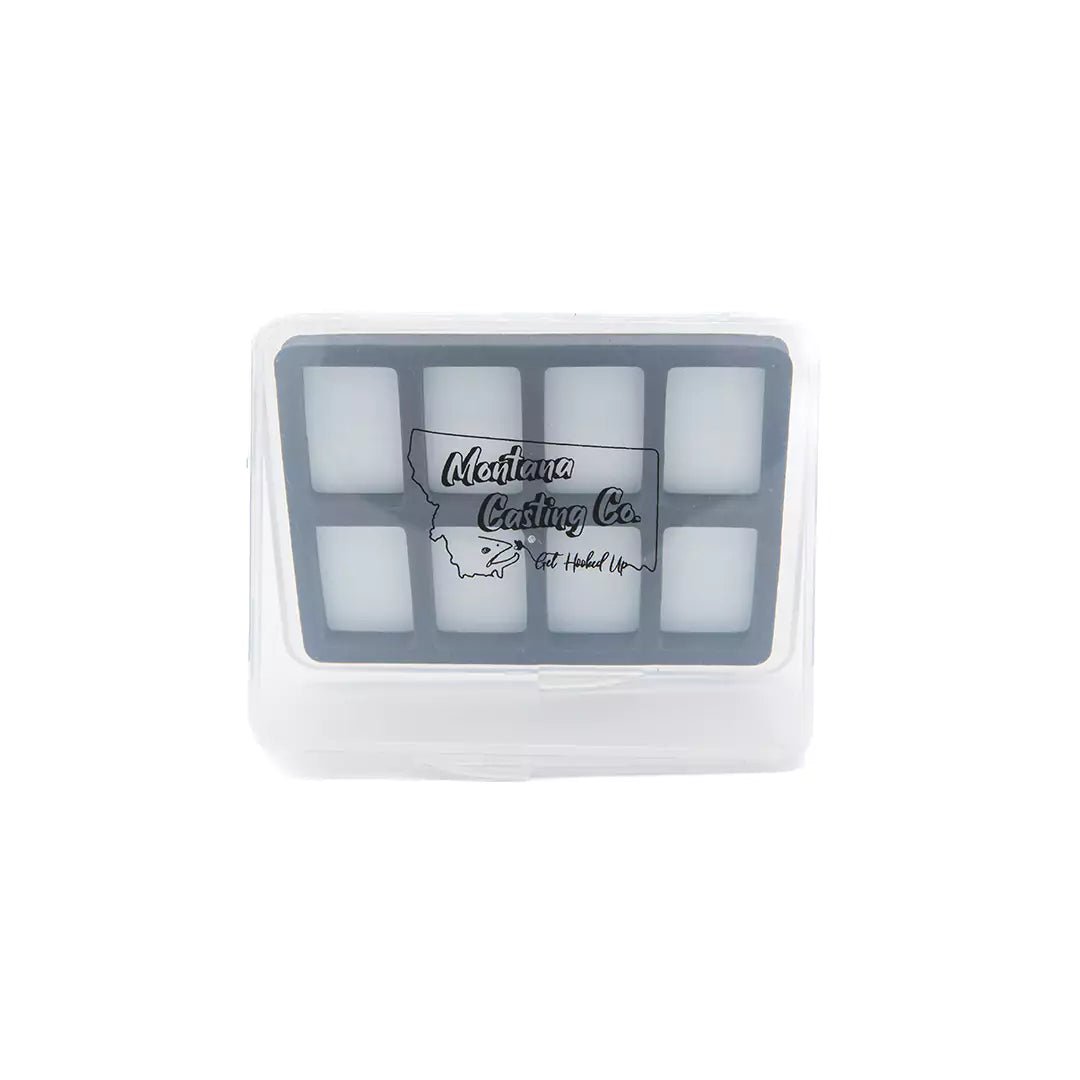
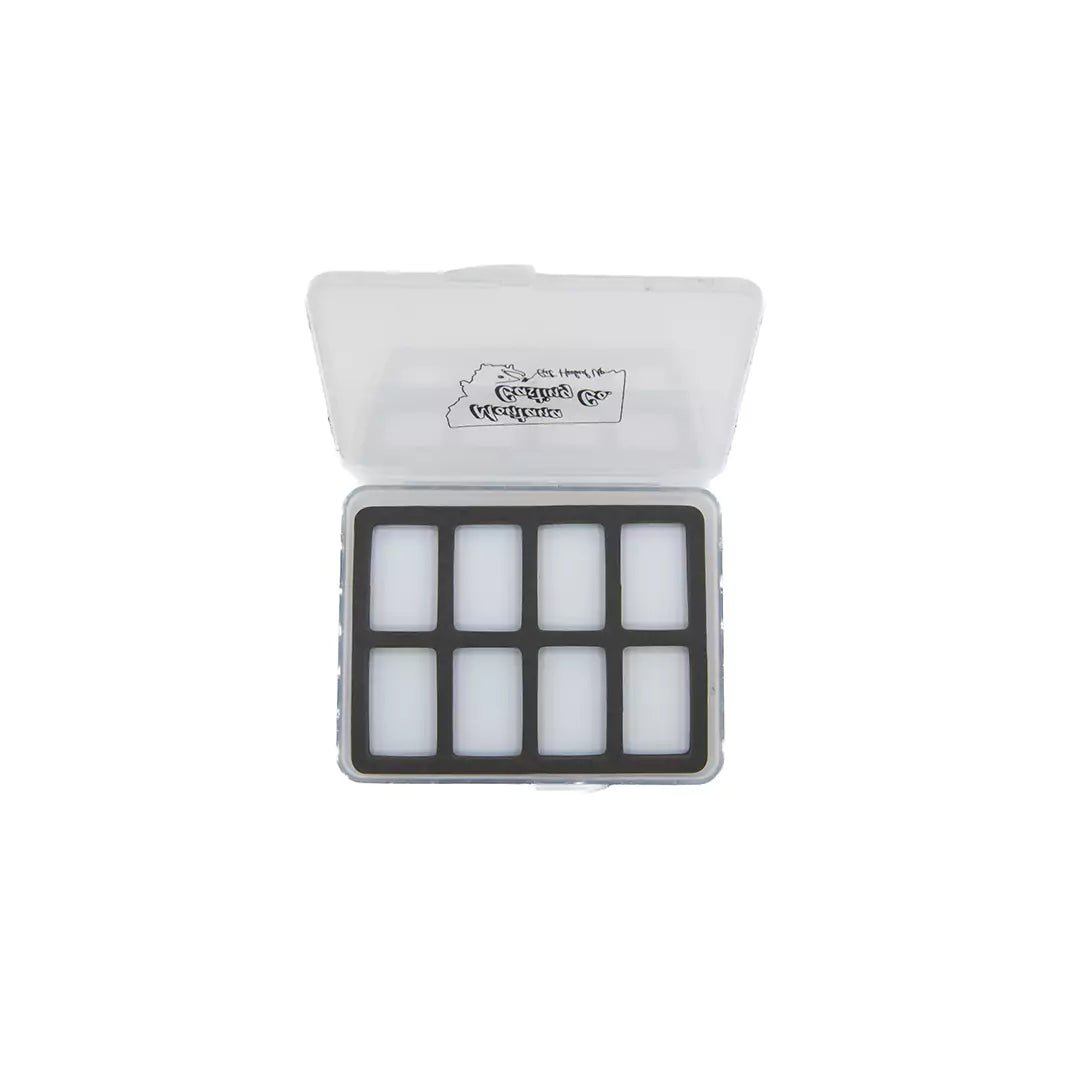
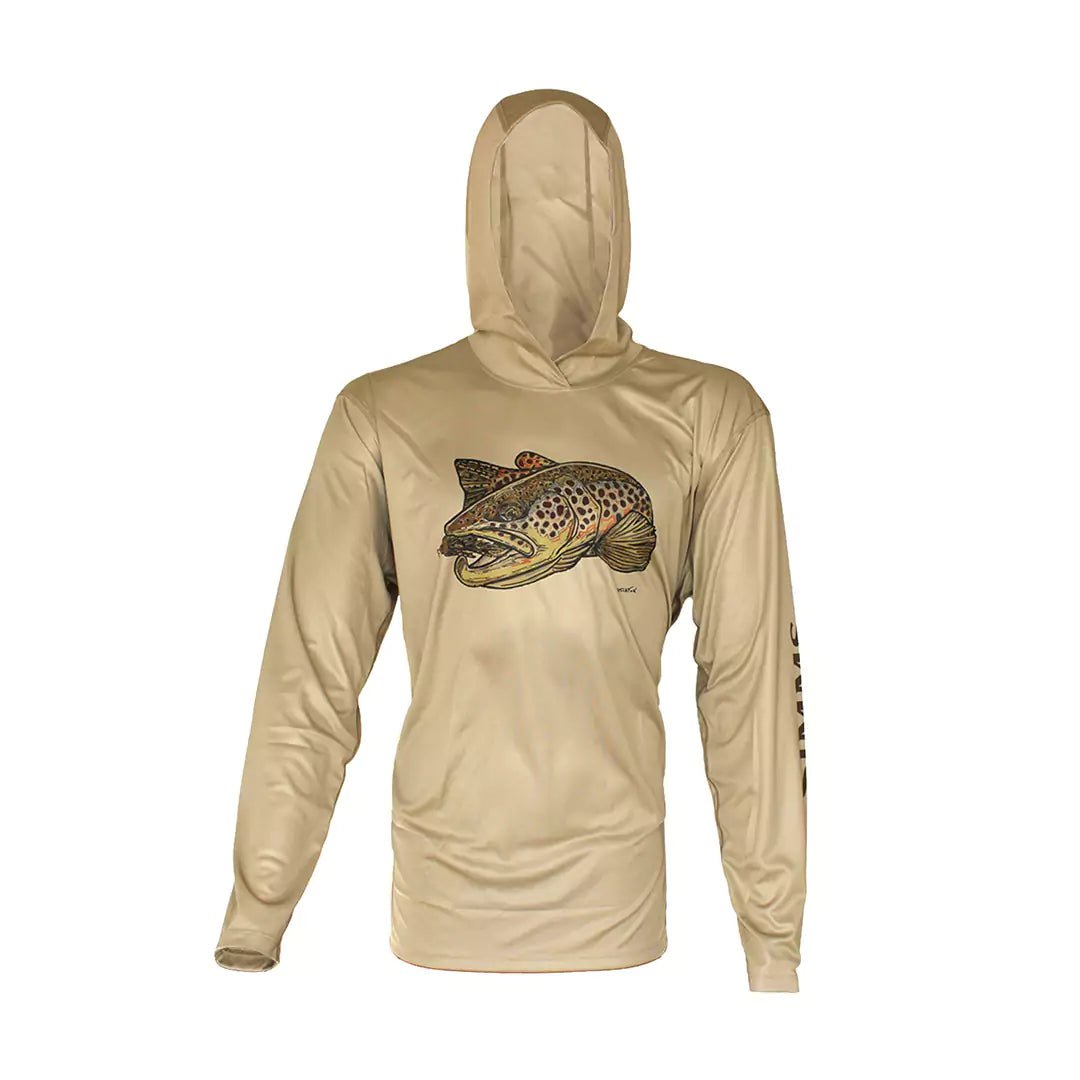

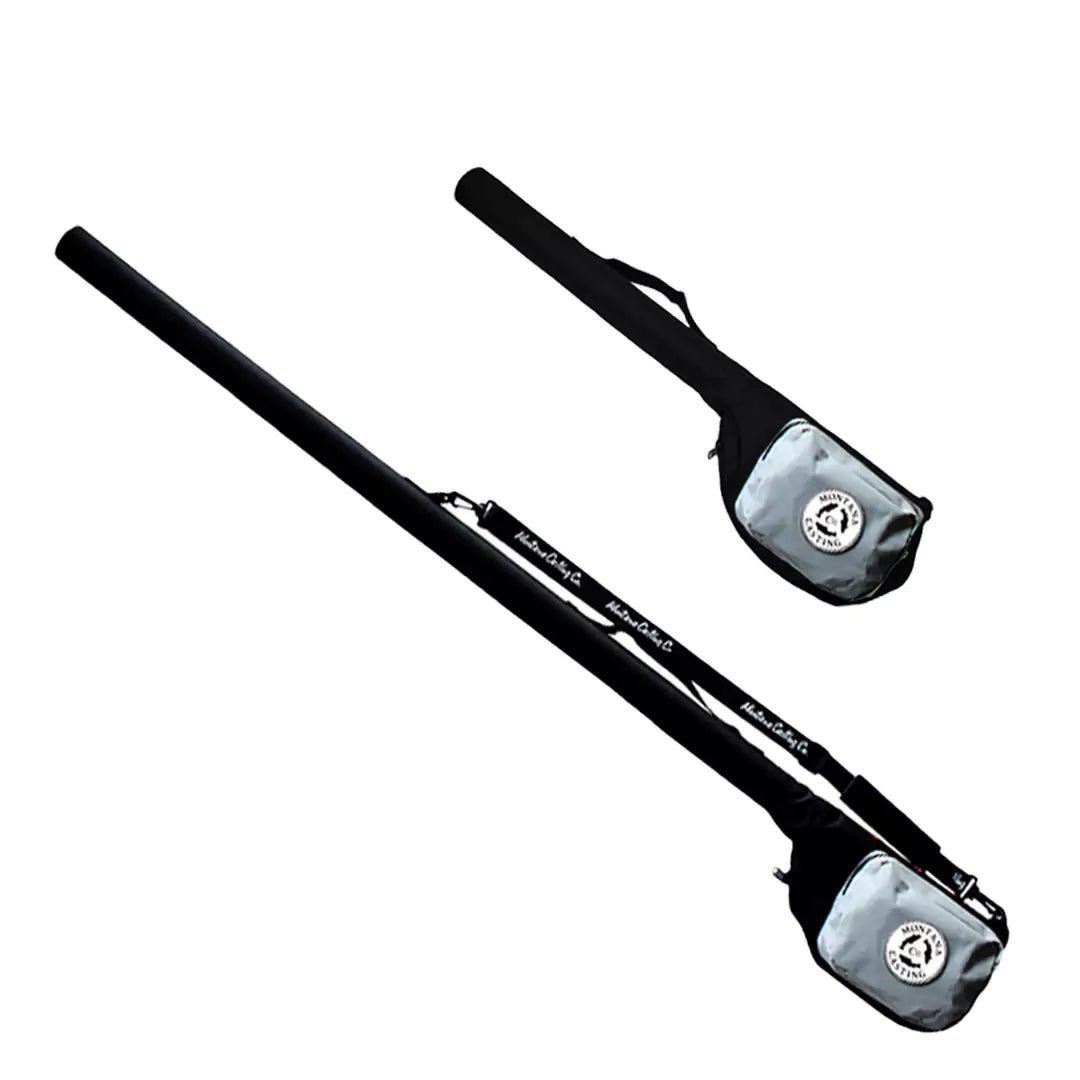
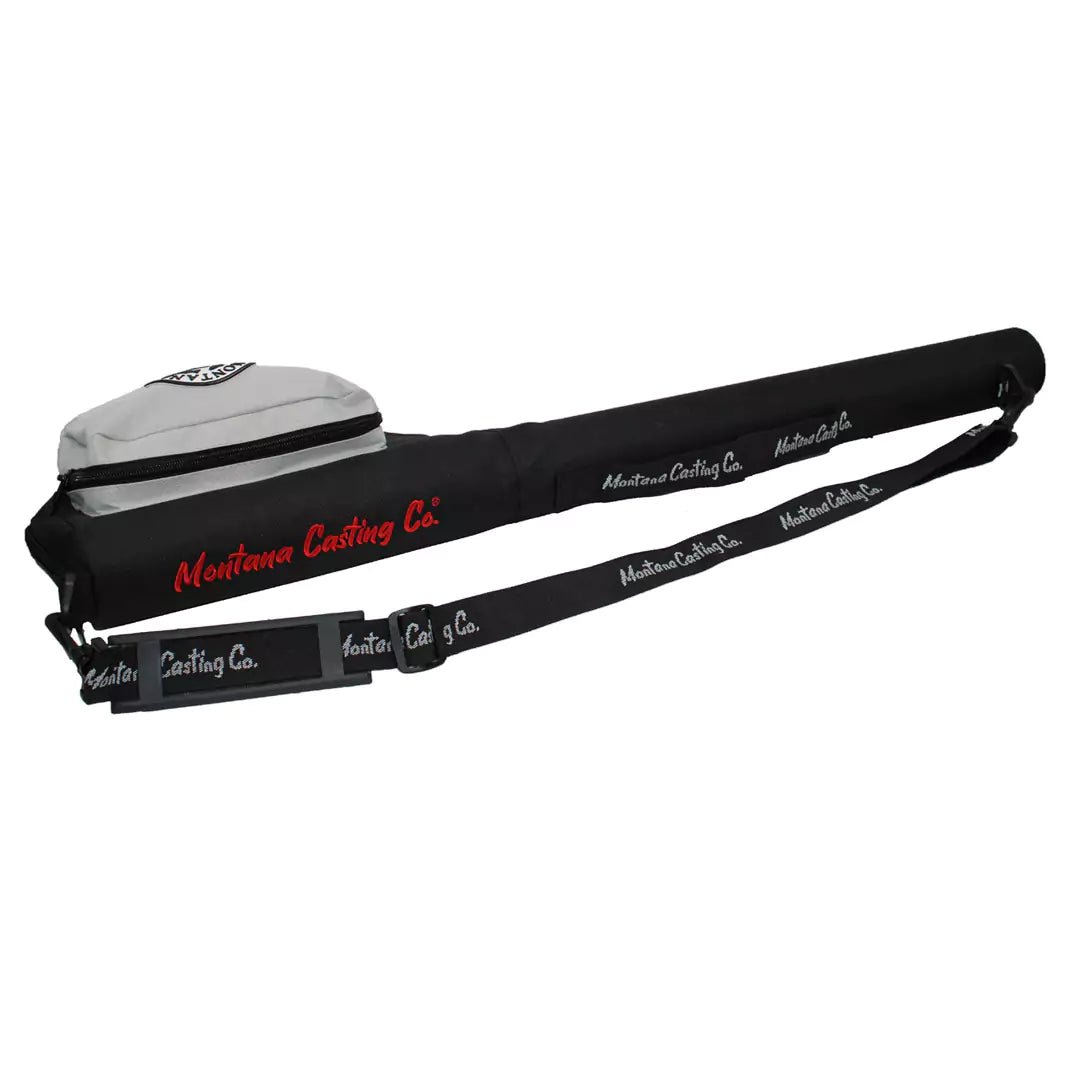
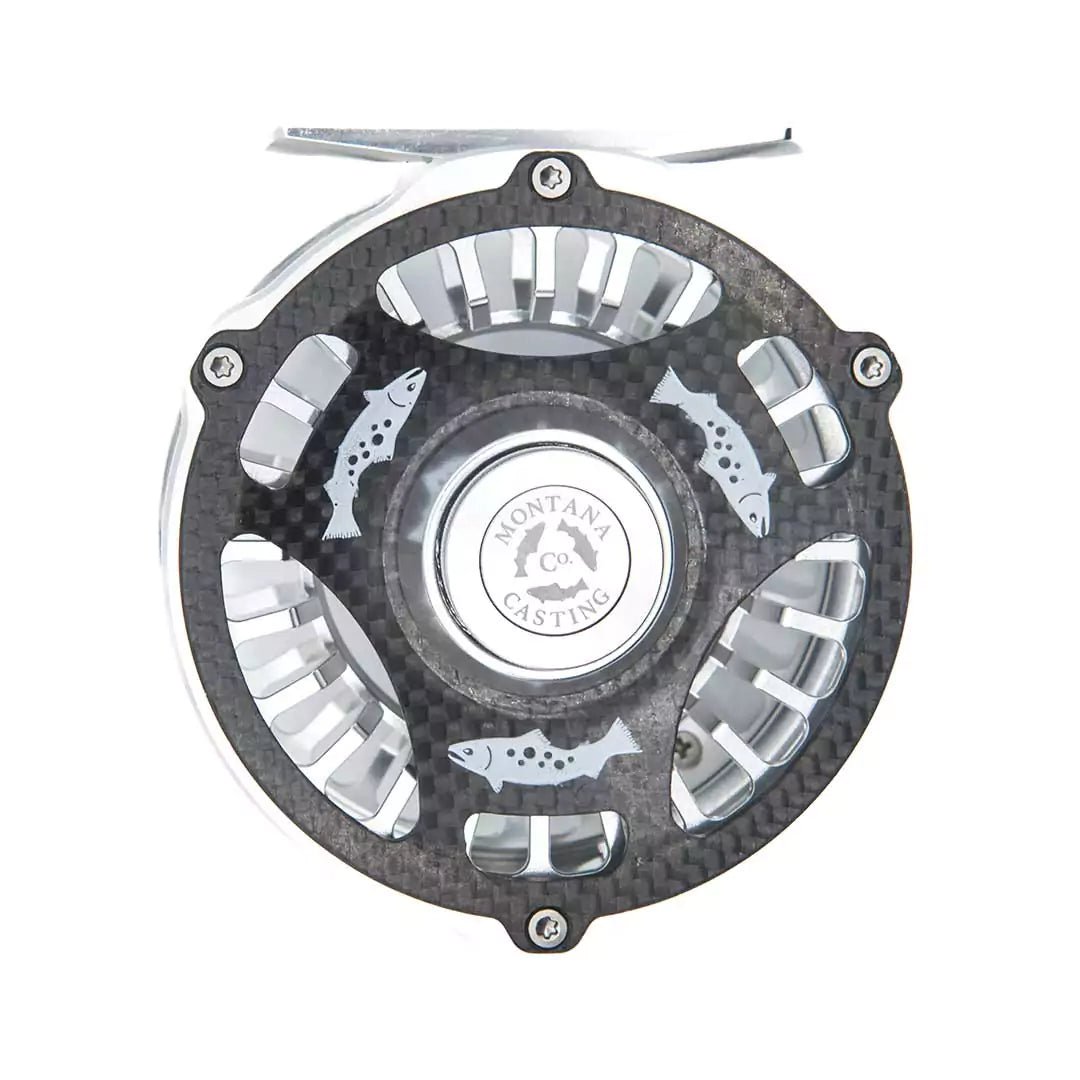
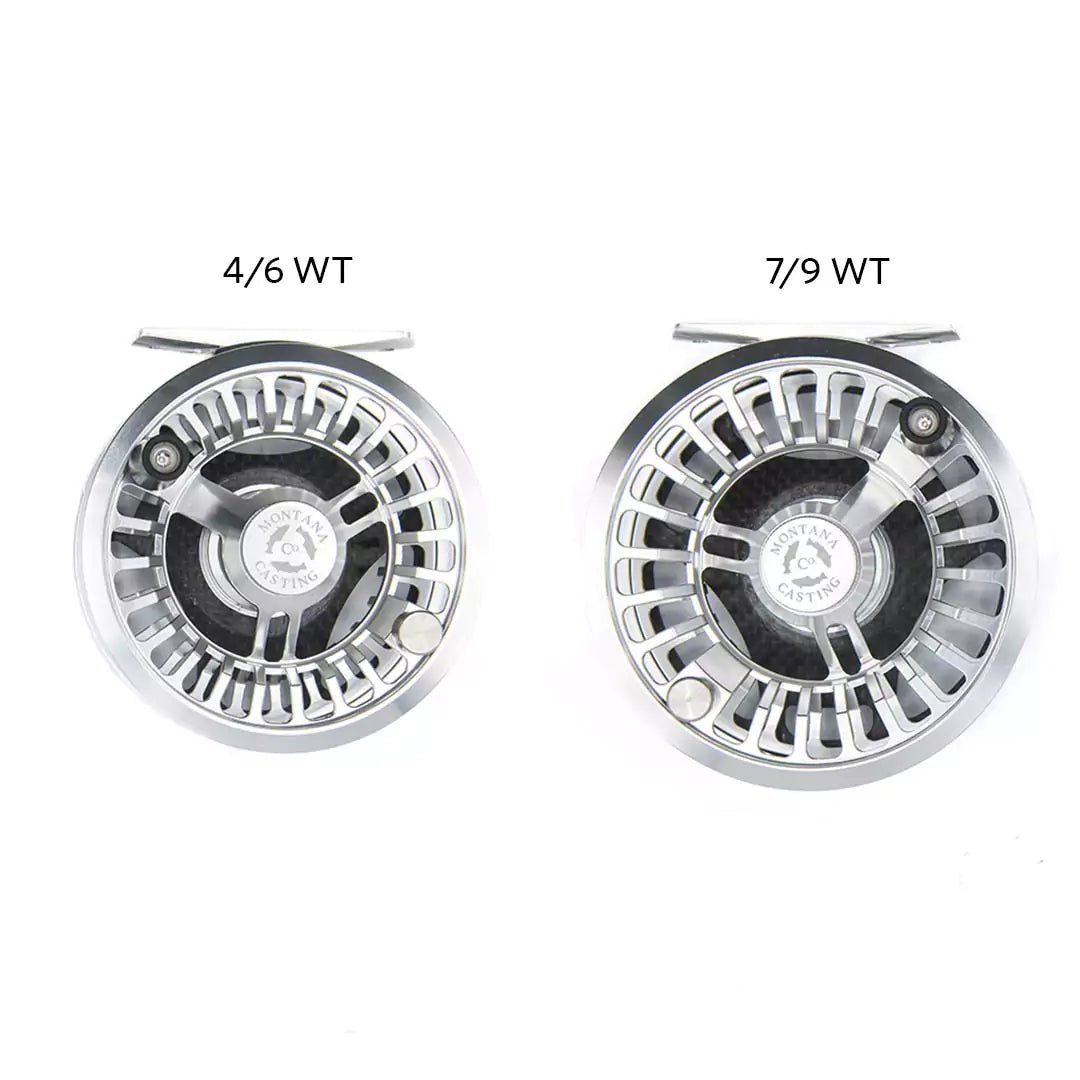

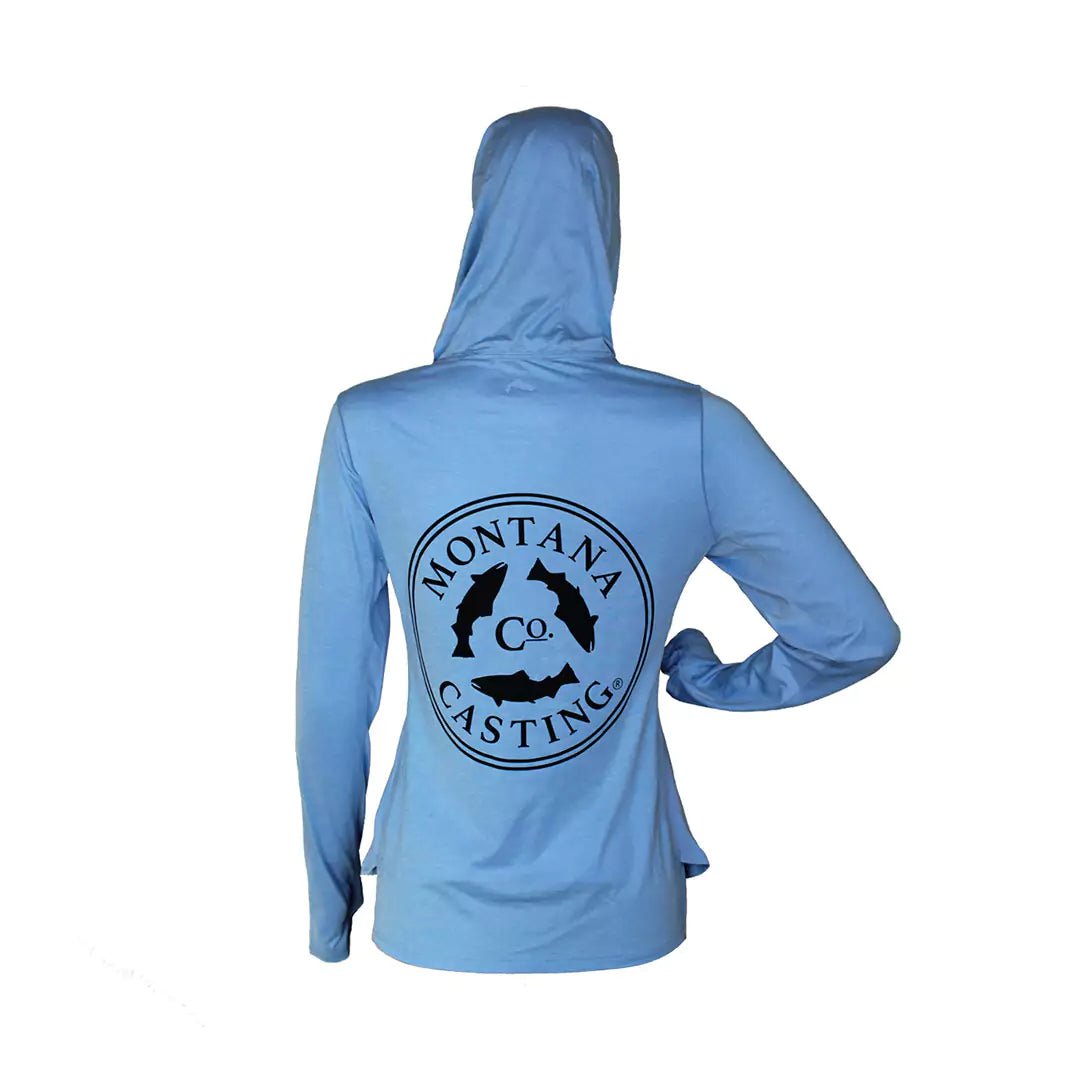
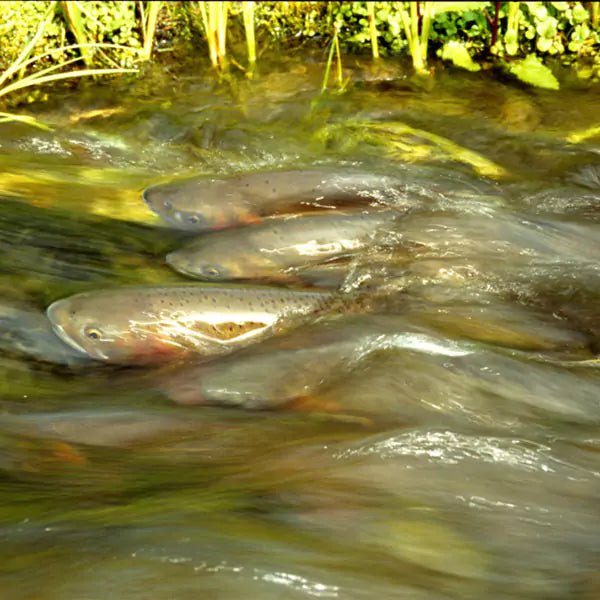
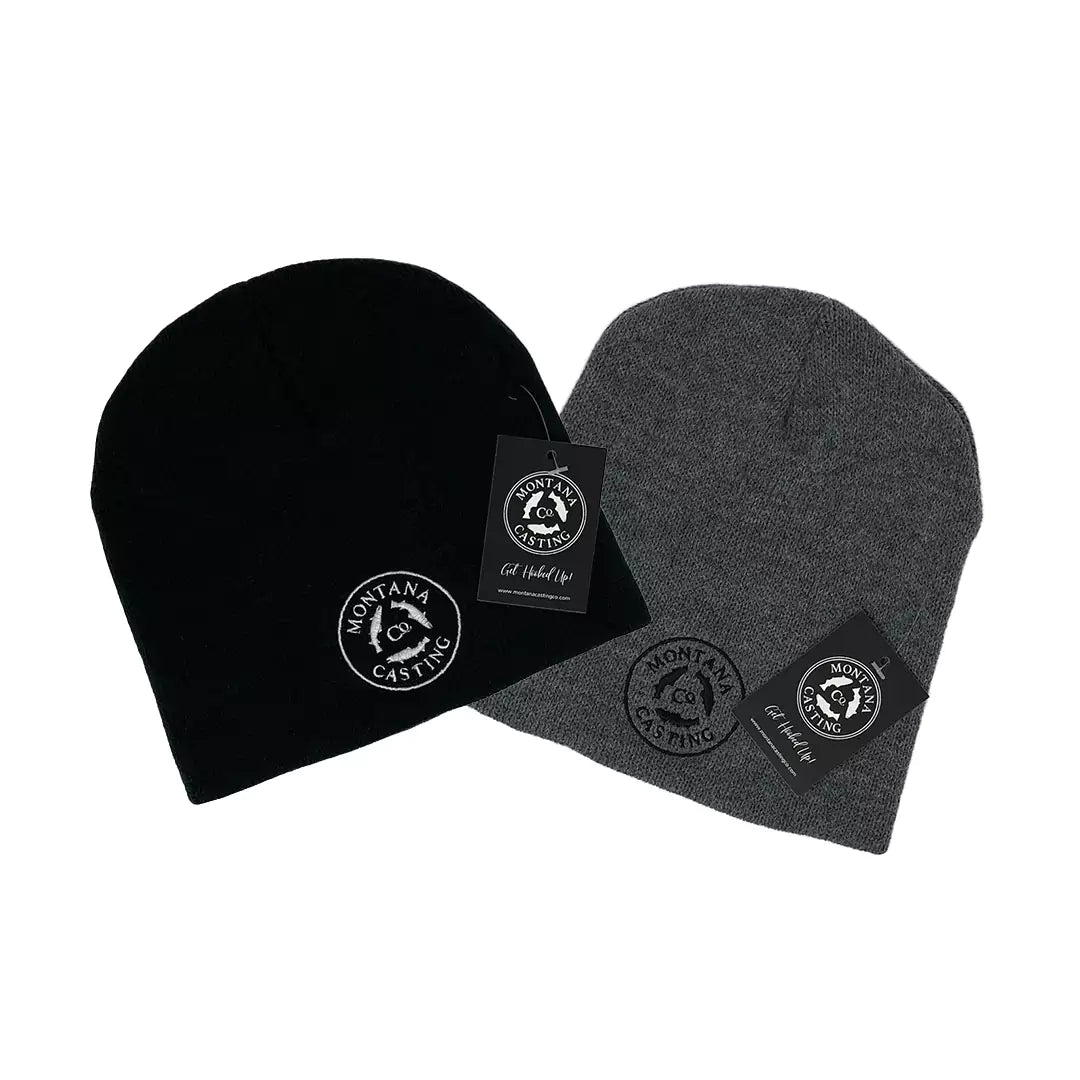



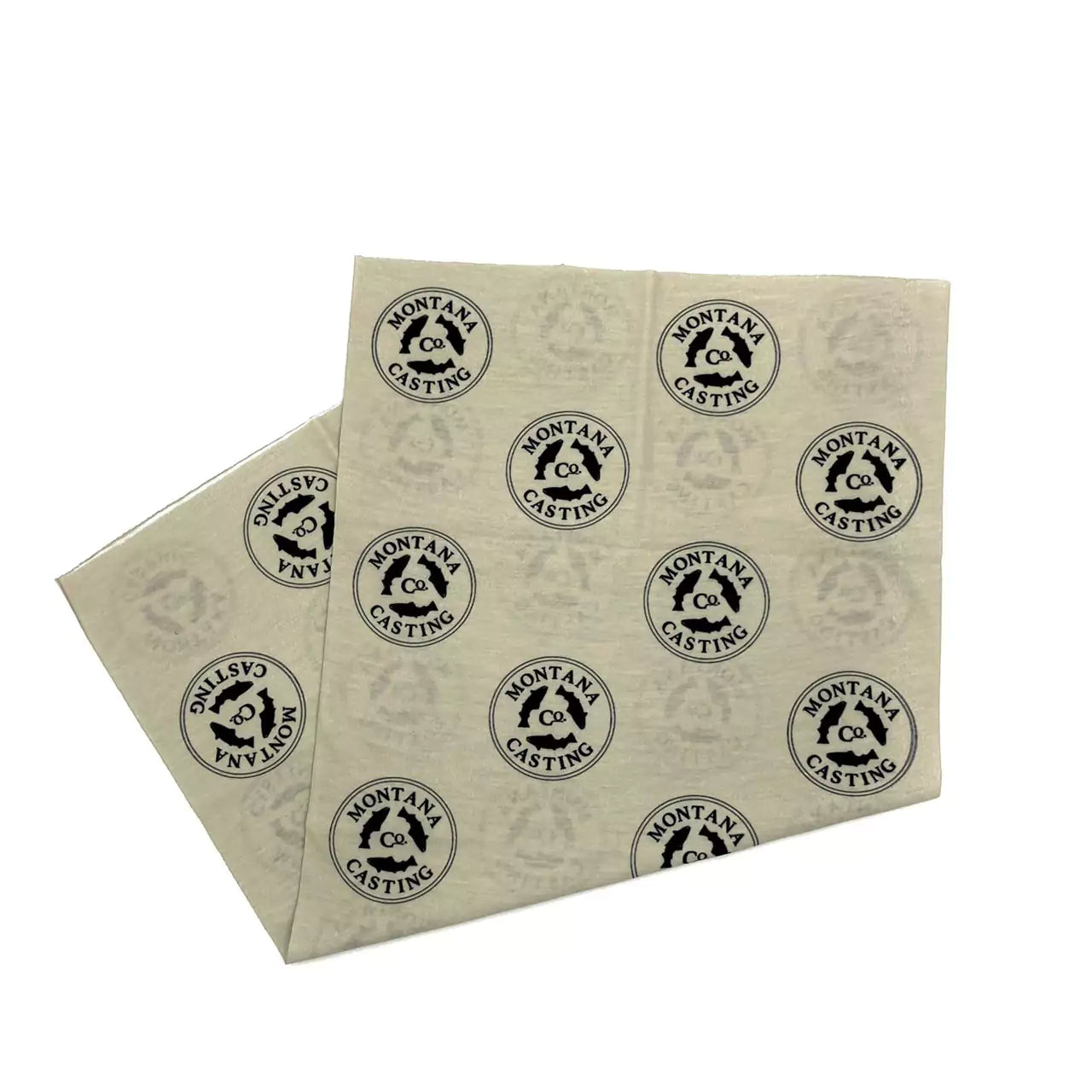
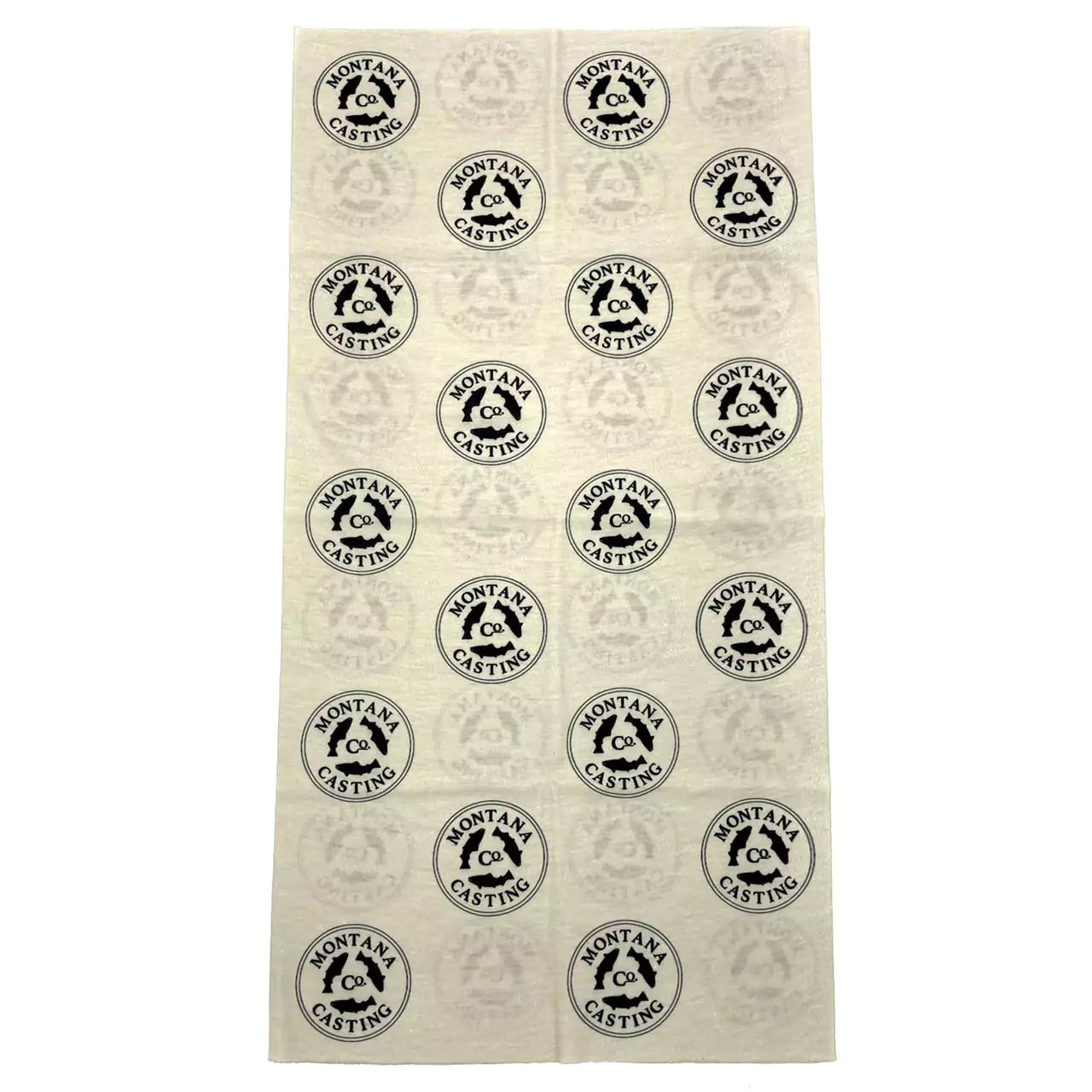


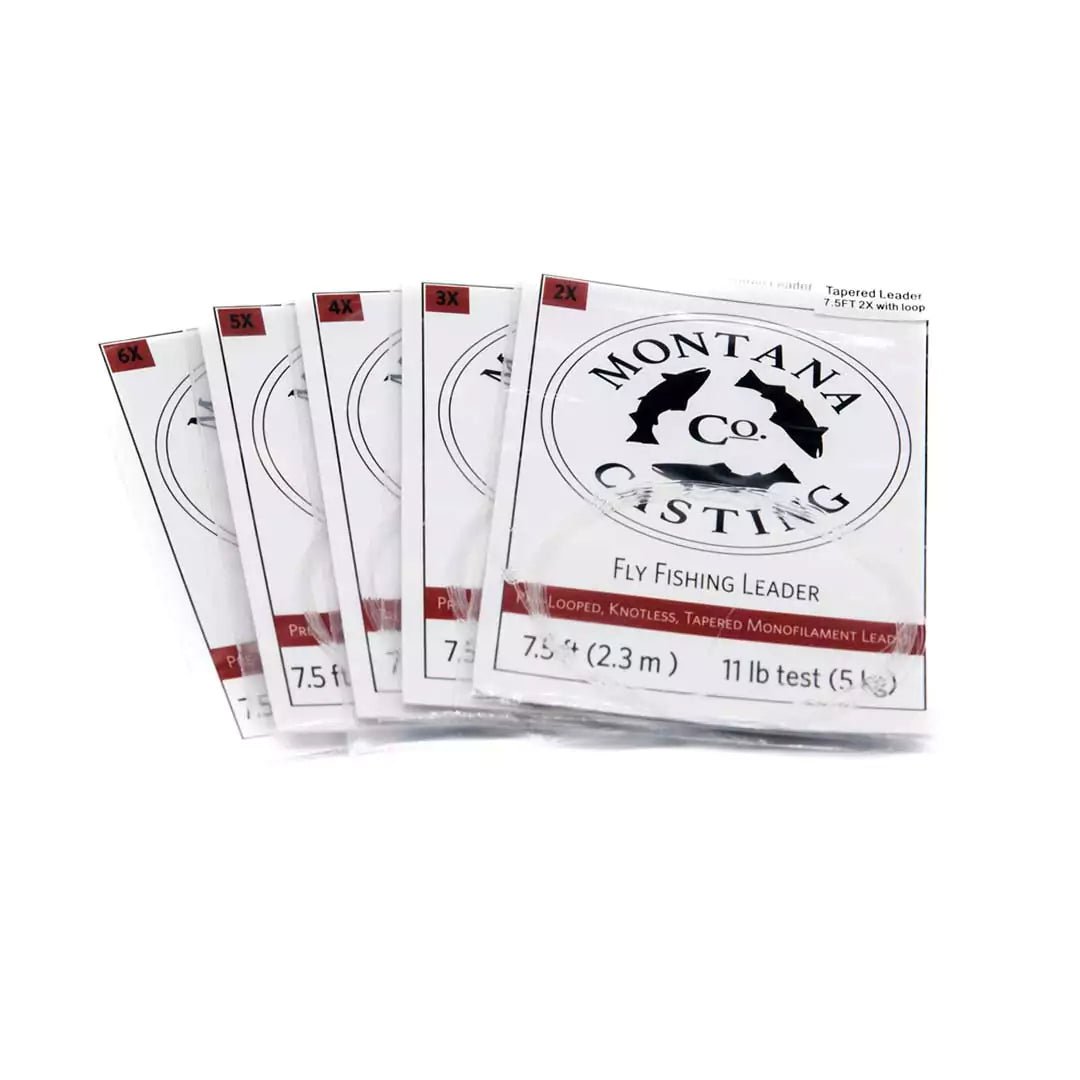

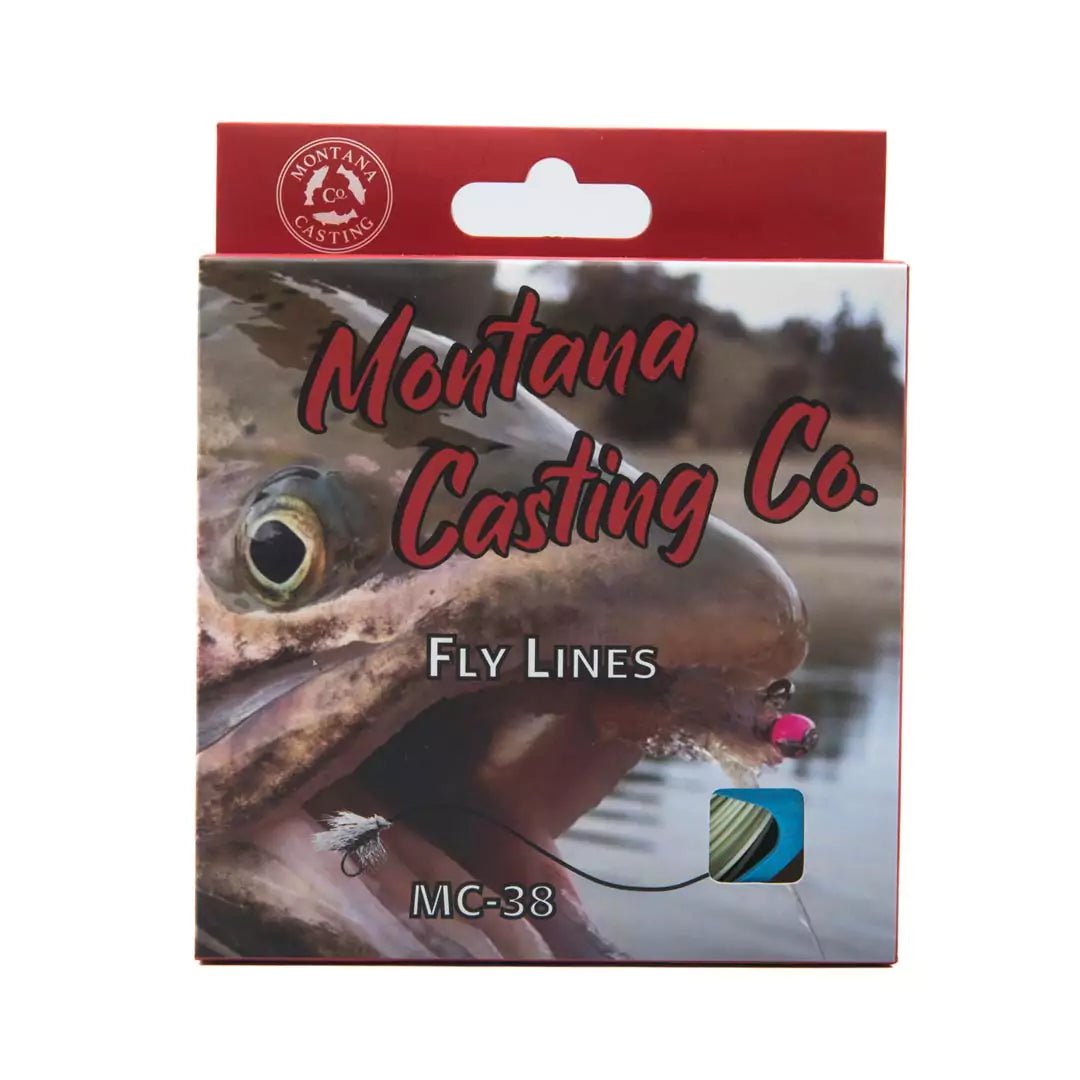
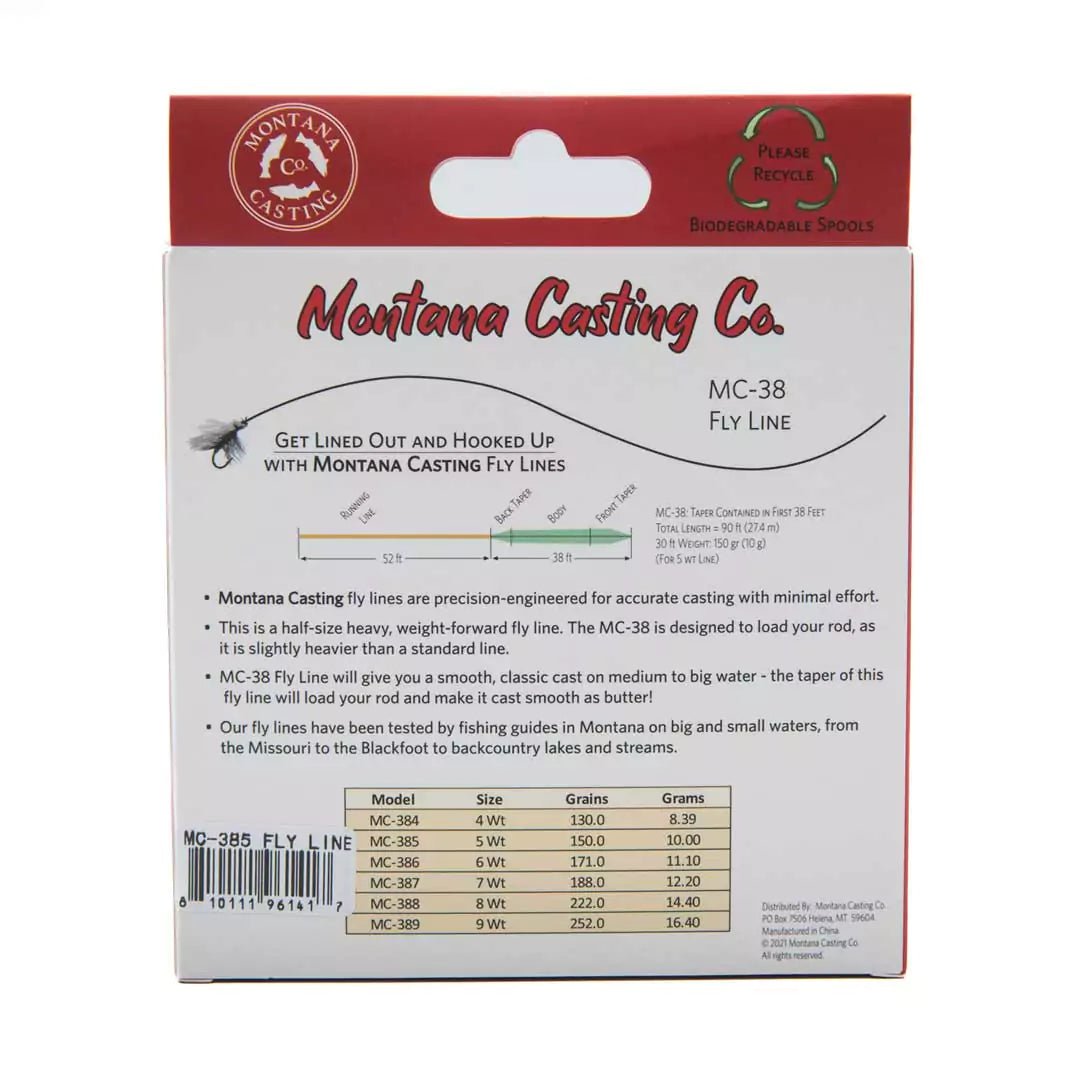
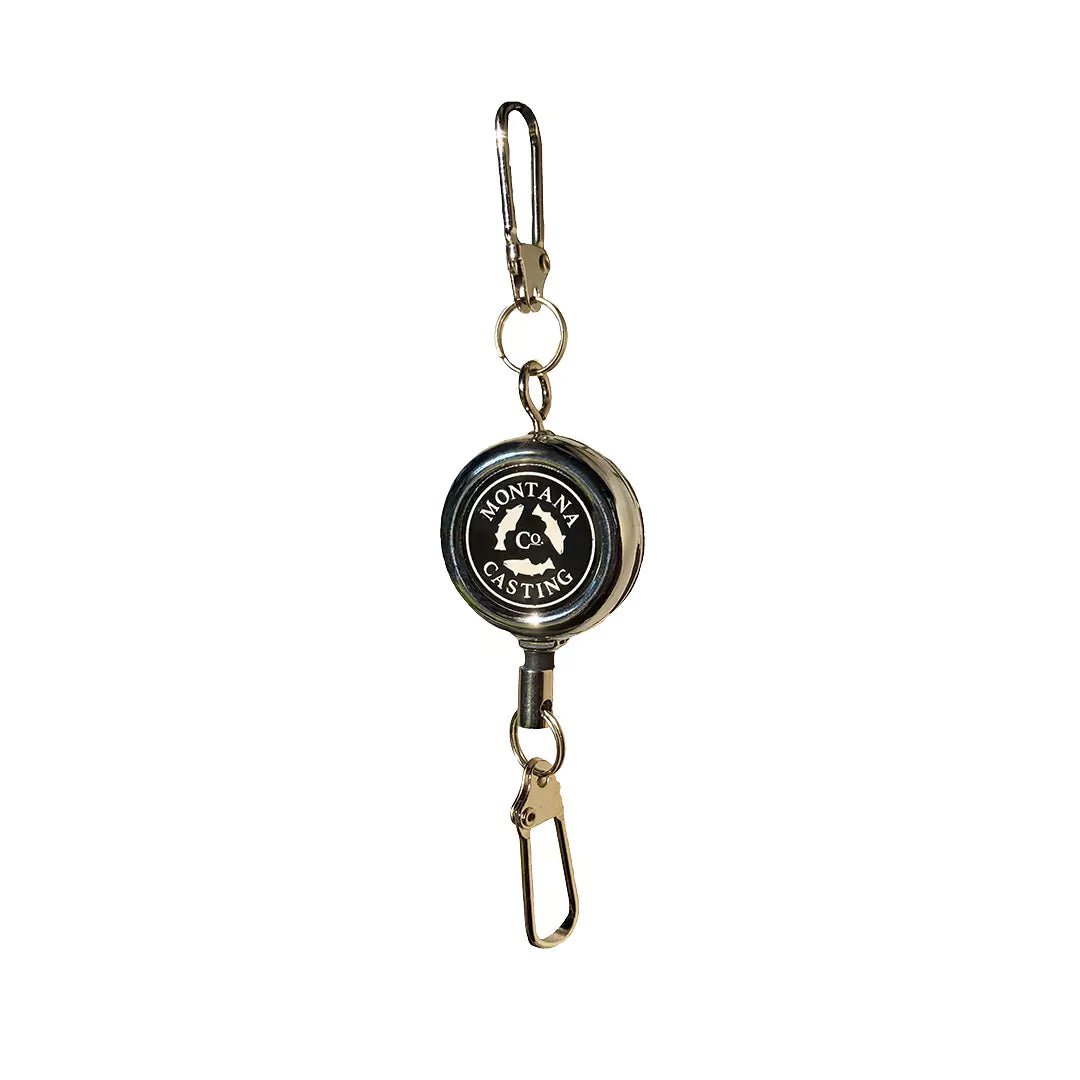
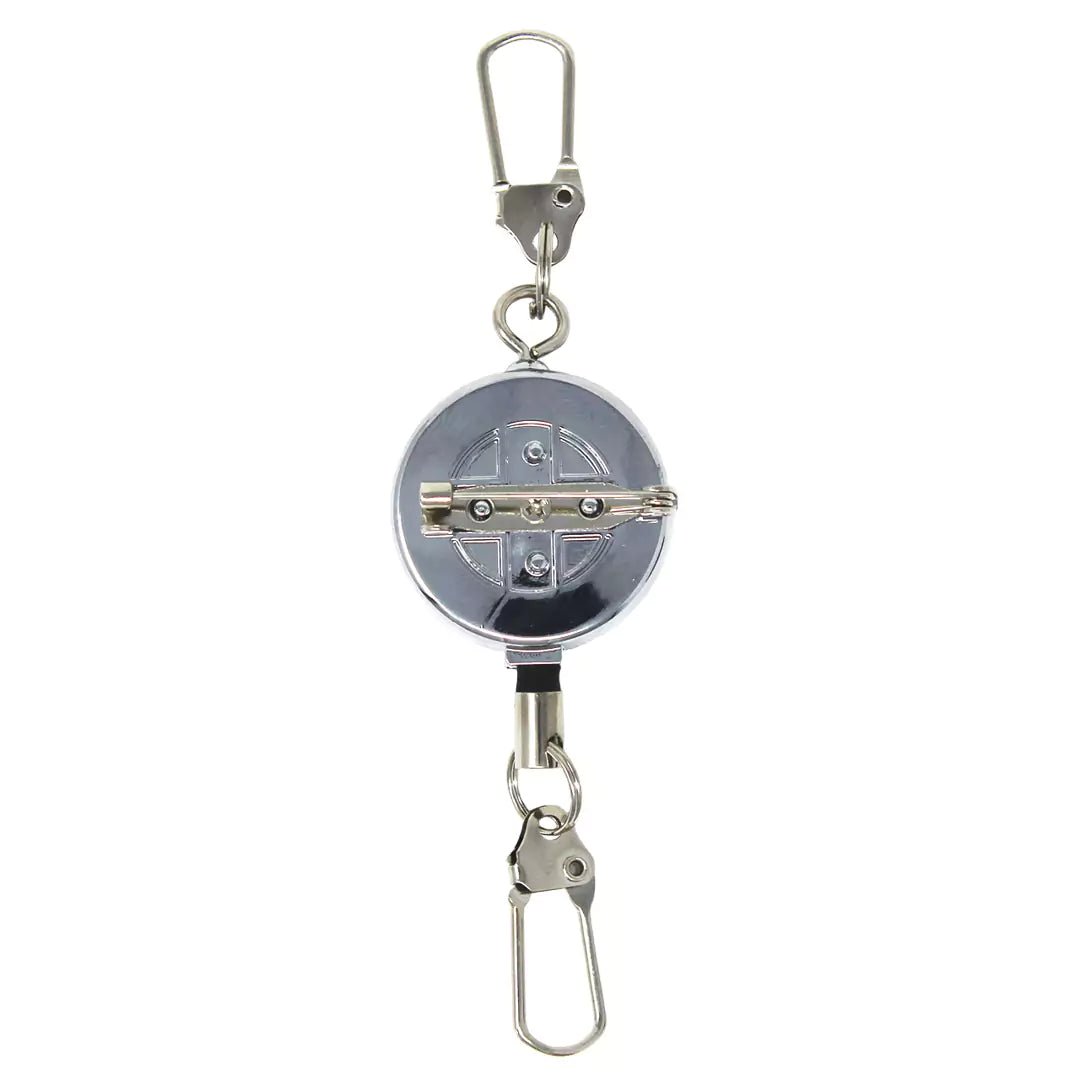
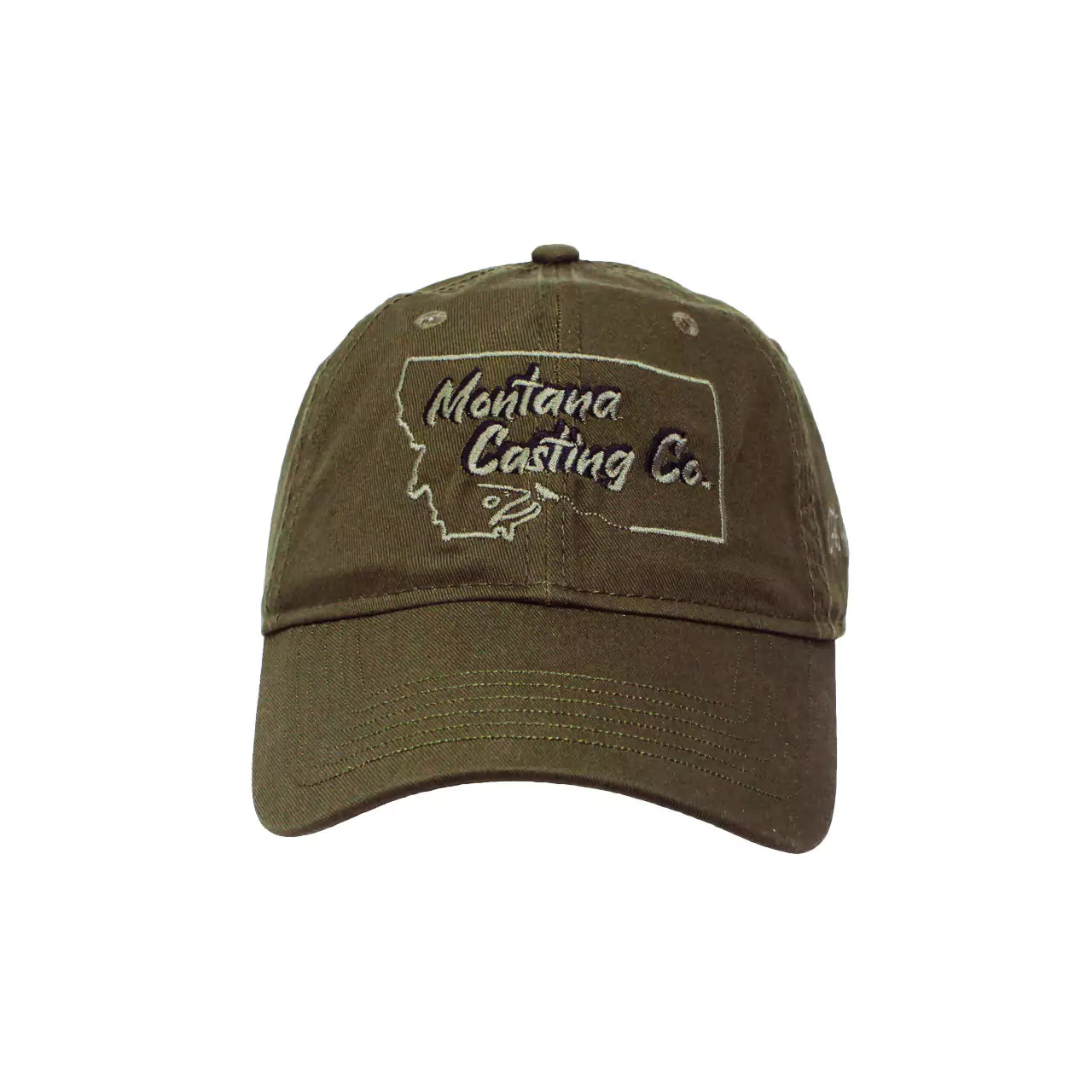
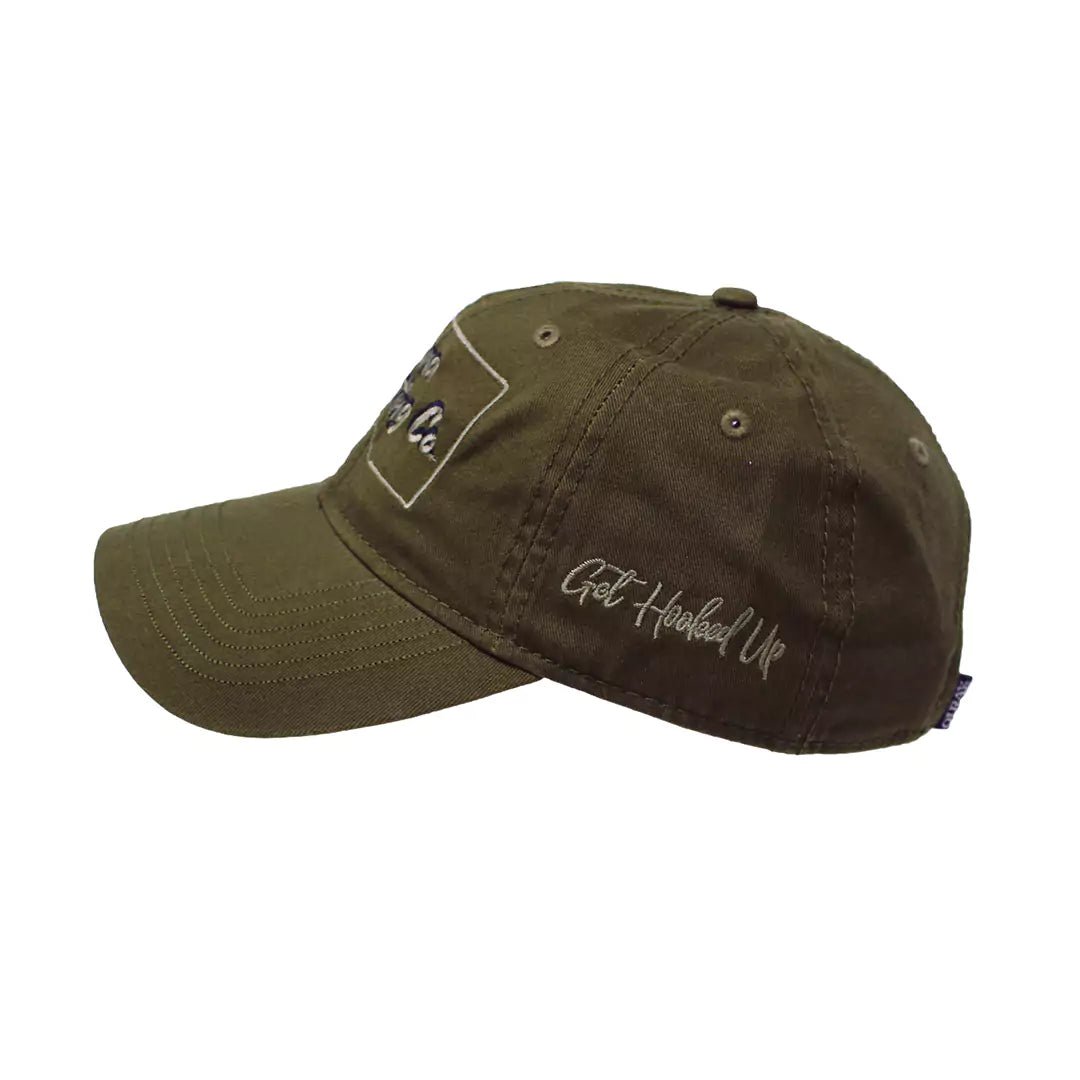
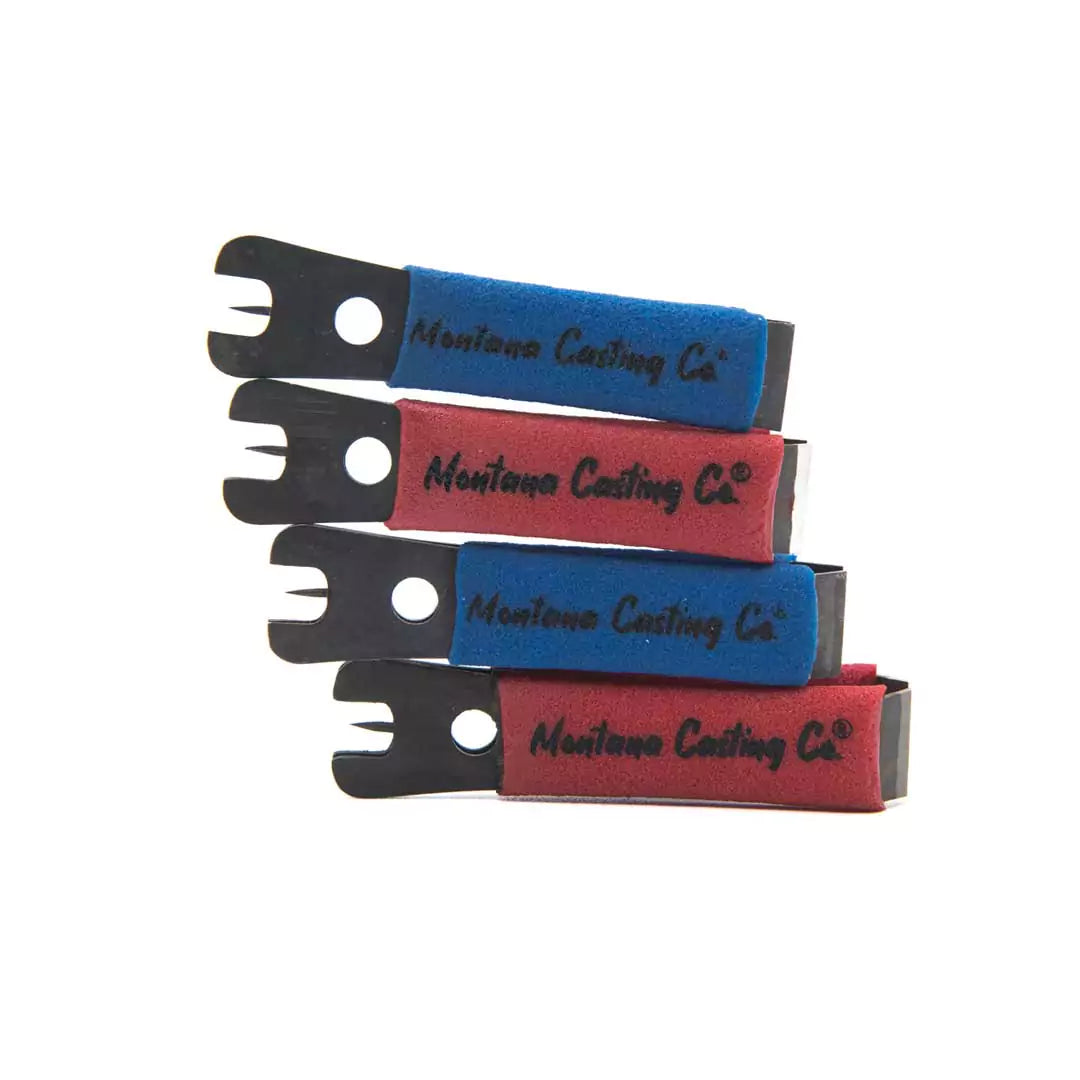
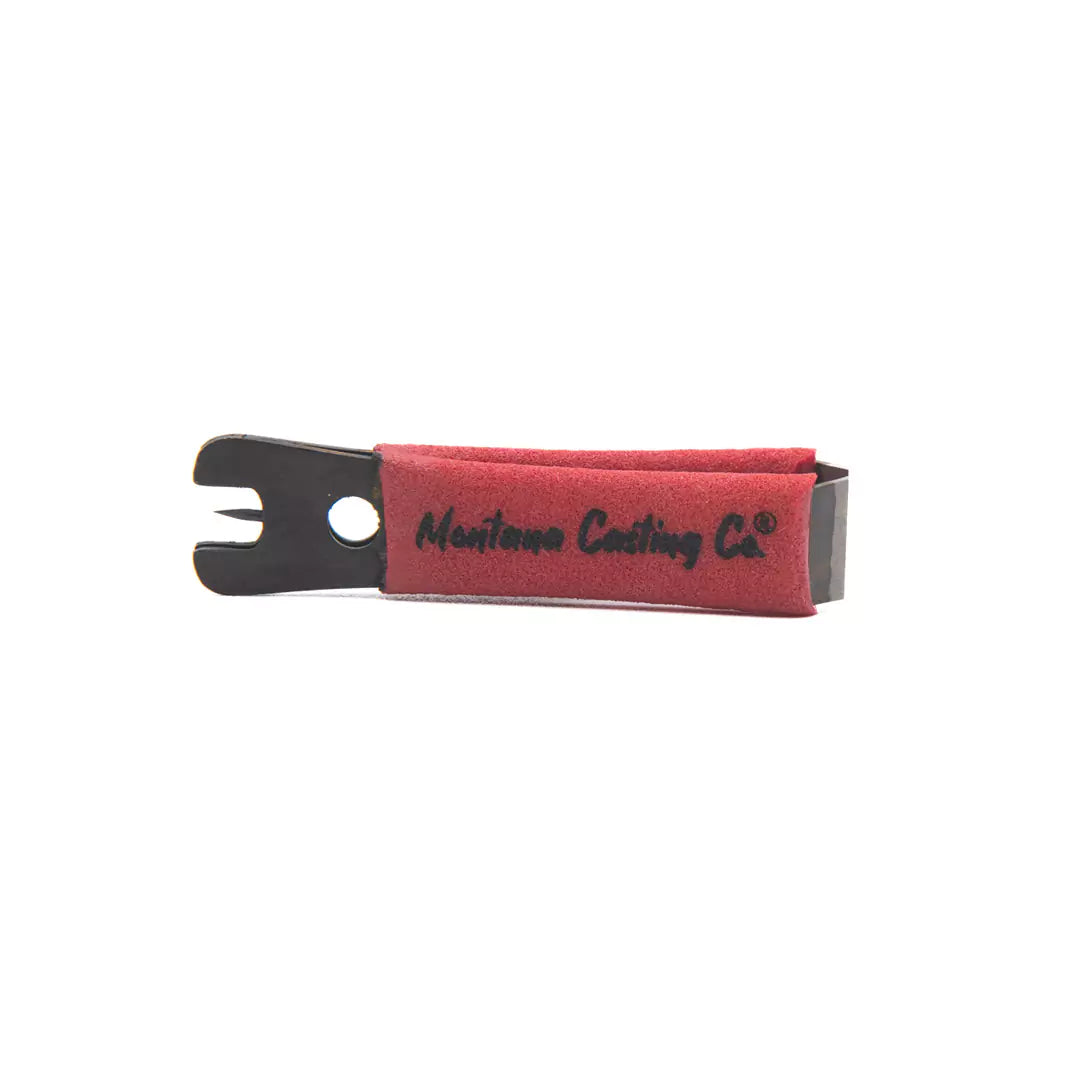
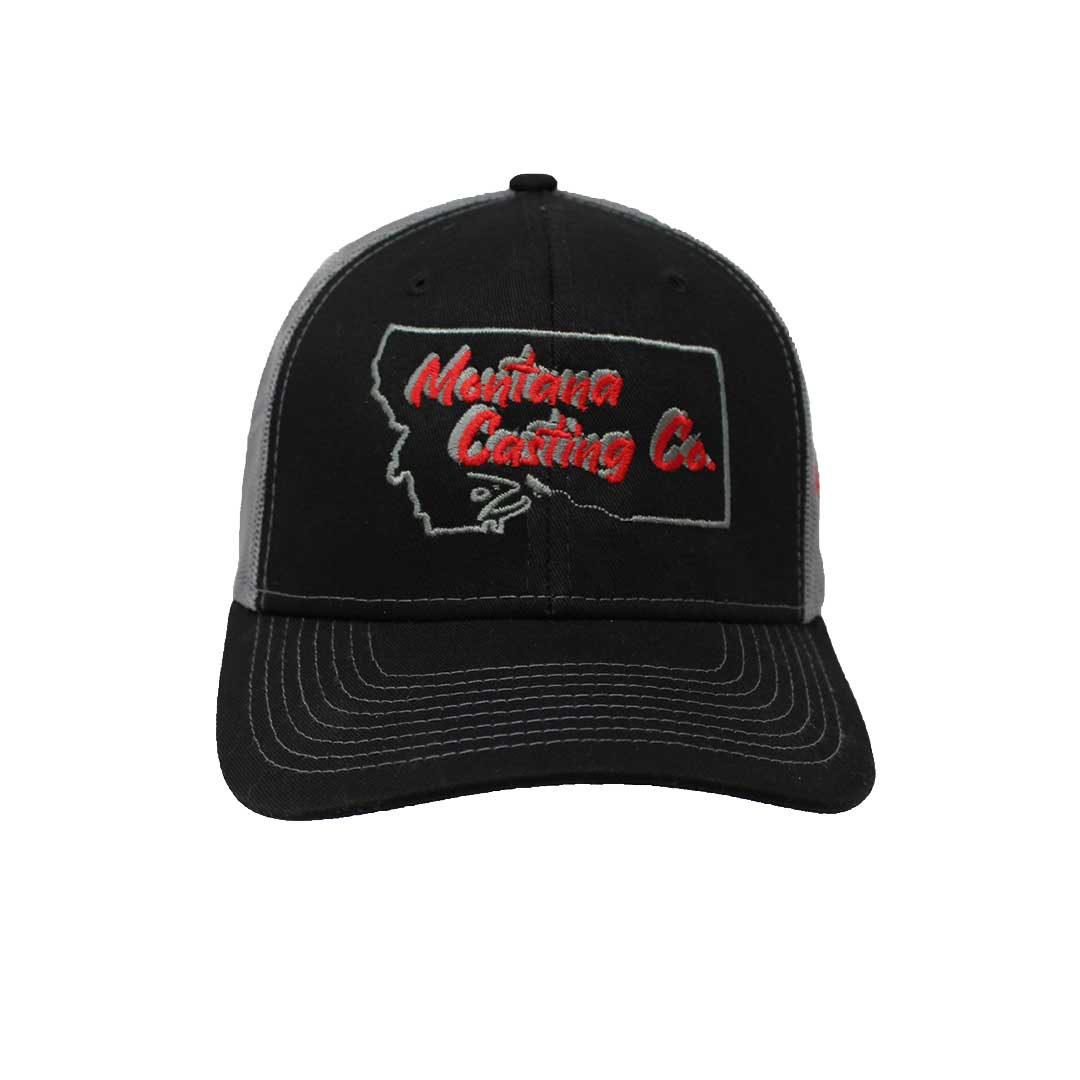
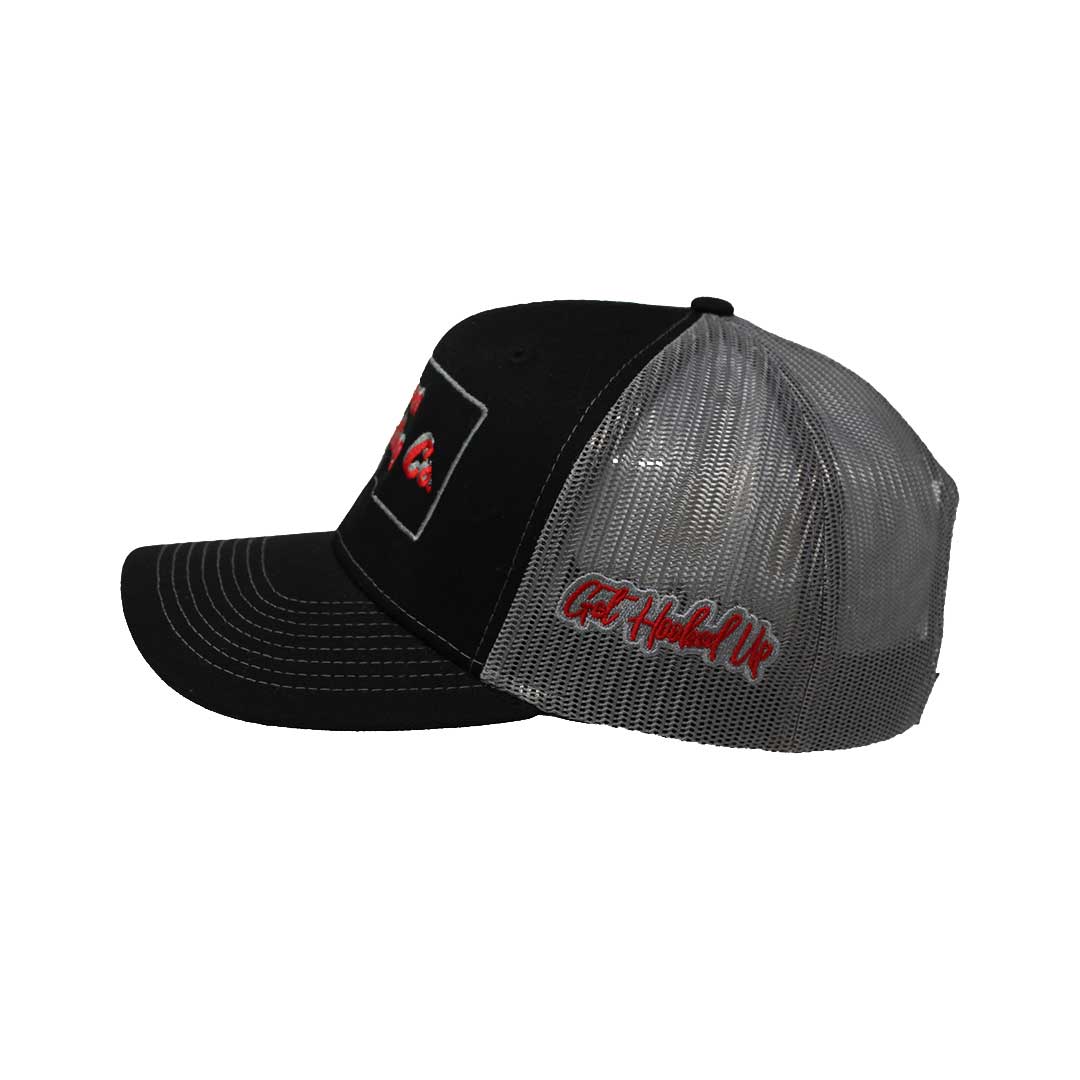
0 comments